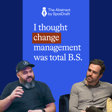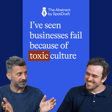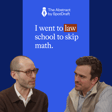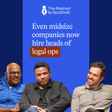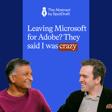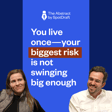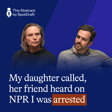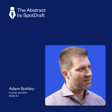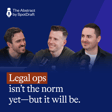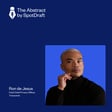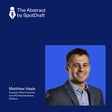
Defining Ethical Use & Dealing with Law Enforcement: Mark Kahn, Partner and Head of Consumer at Protégé Search
How does legal determine what is acceptable user behavior? How do lawyers weigh the needs of users and concerns from law enforcement to arrive at the best guidelines for responsibly protecting our data?
Join Protégé Search Partner and Head of Consumer Mark Kahn as he shares his experiences on the front lines of privacy protection in his roles as VP of Ethical Use at Twilio and Deputy General Counsel at Whatsapp. In a time of major international crises, how do tech companies navigate the difficult questions about ethics, acceptable use, and fairness?
We’ll hear about his journey from the Oakland A’s, to the legal teams of tech’s biggest players, to his newest career guiding others on their professional career paths as an executive recruiter. We’ll also get some tips about recognizing when you’re in the right role, how to make a leap to the executive suite, and when to step back from a stressful position.
Read detailed summary: https://www.spotdraft.com/podcast/episode-18
Topics:
Introduction: 00:05
Starting your career in product with your dream organization: 1:22
Working your way up the corporate food chain to Whatsapp: 6:22
How Whatsapp differed from his expectations: 12:39
Knowing when to step back from a stressful role and leave: 18:27
Taking time off and negotiating a role at Segment: 24:13
Working with an executive coach: 29:13
The Segment/Twilio acquisition and carving out a new role for “VP of Ethical Use:” 30:13
Stepping away from law into exec recruiter role: 38:15
Demystifying the job seeking experience: 40:29
“Designing Your Life” and advice to his younger self: 43:23
Connect with us:
Mark Kahn: https://www.linkedin.com/in/markkahn2/
Tyler Finn - https://www.linkedin.com/in/tylerhfinn
SpotDraft - https://www.linkedin.com/company/spotdraft
SpotDraft is a leading CLM platform that solves your end-to-end contract management issues. Visit https://www.spotdraft.com to learn more.


